A must-visit attraction for any wildlife enthusiast would be visiting the local Zoos In Tunisia. The North African country possesses several internationally recognized zoological parks which unite informative exhibitions with environmental protection activities. The Nile crocodiles of Djerba Island can be observed by visitors while visitors also have the opportunity to see migratory birds at Ichkeul. The country provides zoo experiences suitable for all traveling groups including families and solo visitors and those with an interest in nature who can explore educational facilities that teach both environmental practices and ecology to children.
10 Famous Zoos In Tunisia You Can Explore
Discover famous zoos in Tunisia, a must-visit destination featuring diverse wildlife, engaging exhibits, and a perfect family outing amidst the country’s rich natural beauty.
1. Friguia Park, Bouficha
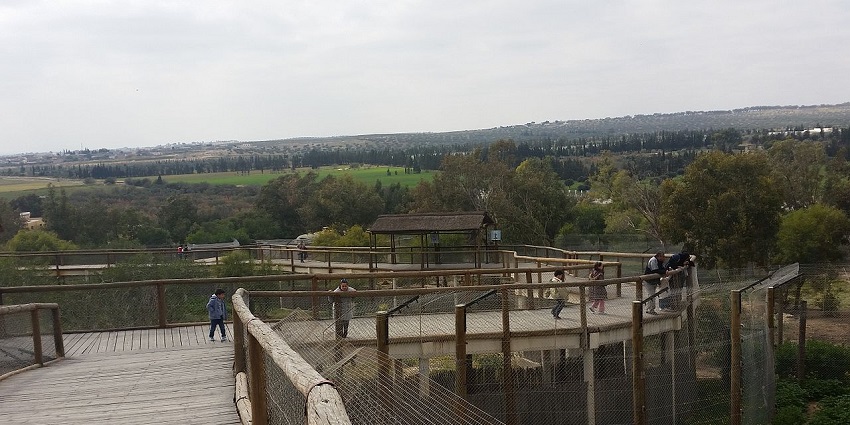
Photo: Dhiabouacida / Wikimedia Commons
Friguia Park stands as a famous Zoos In Tunisia because it lets animals roam freely among different species such as lions, zebras and dolphins. Tunisia has chosen this establishment as one of its most celebrated zoological attractions because it presents daily performances by dolphins and sea lions to visitors. The educational programs about wildlife make the establishment a key recurring location for schools and families across Tunisia. The establishment of Friguia Park with its well-kept pathways and African motif structures combines safari ambiance with educational experiences about the environment.
Best Time To Visit: April to October
Nearest Airport: Enfidha–Hammamet International Airport
2. Belvedere Park Zoo, Tunis
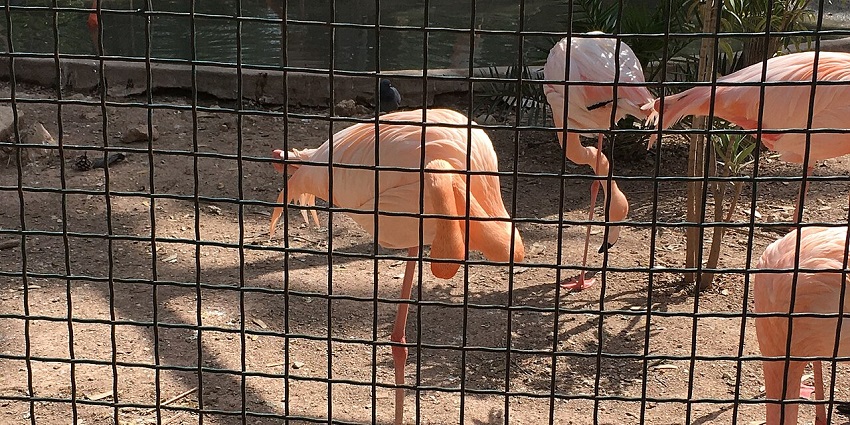
Photo: Sami Mlouhi / Wikimedia Commons
The zoo in Djerba Explore Park holds the most extensive collection of Nile crocodiles among the zoos found in Tunisia. This famous Zoos In Tunisia occupies the Djerba island which combines wildlife displays with cultural features such as the Lalla Hadria Museum along with the Crocodile Farm. The zoo operates as a prominent facility in Tunisia by combining educational offerings which include crocodile feeding demonstrations along with interpretive displays showcasing traditional Tunisian heritage and exotic wildlife species.
Nearest Railway Station: Tunis Ville Station
3. Djerba Explore Park, Djerba Island
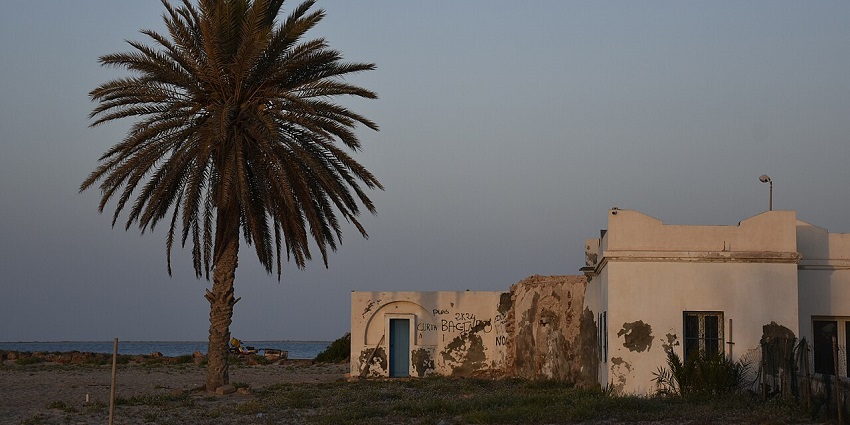
Photo: Noomen9 / Wikimedia Commons
Located in the center of the capital Belvédère Park serves as an important Zoos In Tunisia which attracts residents at weekends. Visitors can observe lions and bear species and monkeys and gazelles in wooded areas at this renowned Tunisian zoo. The zoo operates as one of Tunisia’s key wildlife facilities because it contains both botanical gardens and a lake which serve as an essential element of urban vegetation. This attraction serves as a perfect destination for families together with school field trips who wish to observe wildlife while enjoying natural settings.
Ideal Trip Duration: Half-day visit
Nearest Airport: Djerba–Zarzis International Airport
4. Sidi Bouhlel Reserve, Tozeur
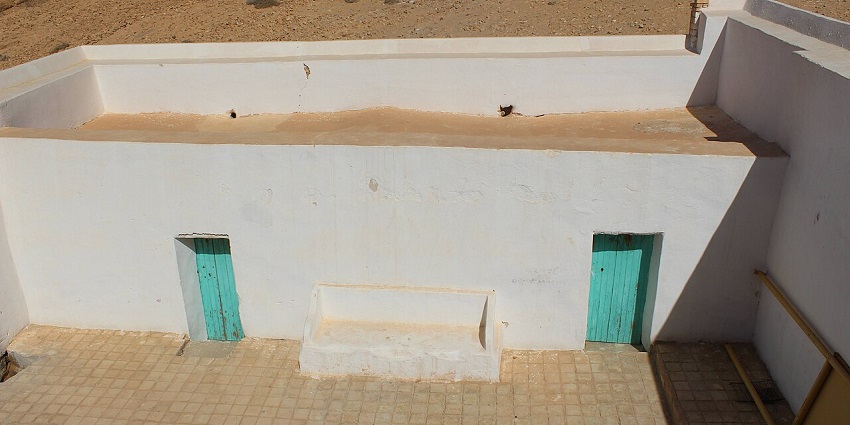
Photo: TOUMOU / Wikimedia Commons
As an establishment that functions more as a biosphere reserve than a typical Zoos In Tunisia Ichkeul provides crucial support for birdwatching as well as biodiversity protection. The site receives annual migration of flamingos along with storks and ducks as it holds status as an essential Tunisian hub for bird species. The site holds UNESCO recognition as well as a zoo status in Tunisia because of its worldwide conservation efforts. This site stands out for eco-tourism and nature enthusiasts because it comprises mountain ranges along with lakes and marshland habitats.
Best Time To Visit: November to March
Entry Fee: Free
5. El Feija National Park, Jendouba
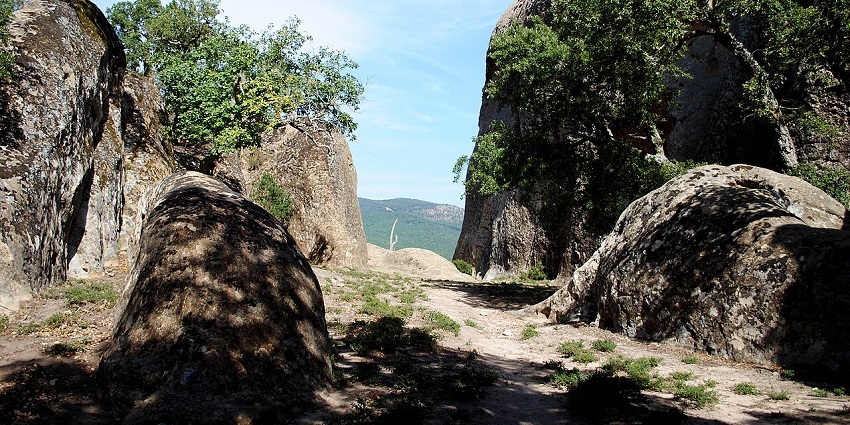
Photo: Mokdad.nysrine / Wikimedia Commons
Boukornine National Park hides within Tunisia as an exceptional zoo destination for nature enthusiasts who want coastal access. This forested area maintains its status as a well-known Tunisian zoo because of its wild boars and porcupines together with its birds of prey while simultaneously serving as an important Zoos In Tunisia because of its medicinal plant diversity and hiking choices. This establishment provides a harmonious encounter between natural environments and mountain landscapes with wildlife and educates tourists about native Tunisan species.
Ideal Trip Duration: 1–2 days
Nearest Railway Station: Jendouba Station
6. Boukornine National Park, Hammam-Lif
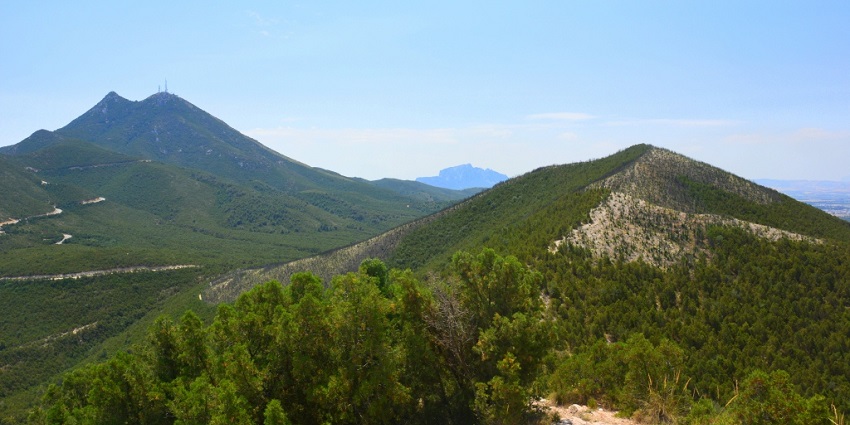
Photo: IssamBarhoumi / Wikimedia Commons / Image For Representation Only
The Tunisian zoo experience of El Feija presents visitors with dense forests hosting endangered Barbary deer within the northwest region of the country. The valuable Tunisian zoo maintains essential duties for protecting endangered species. Eco-tourists who converge at this site have elevated it to become a renowned establishment among Tunisia’s zoological attractions. The site delivers nature hiking trails together with bird observation and environmental guide tours in Tunisia’s least disturbed serene setting.
Best Time To Visit: Spring and early autumn
Entry Fee: Free
7. Ichkeul National Park, Bizerte

Photo: El Golli Mohamed / Wikimedia Commons
Ain Draham exists as both a forest reserve and Zoos In Tunisia due to its unofficial conservation practices within the Kroumirie Mountains. Conservationists identify Ain Draham as an important Tunisian establishment where they safeguard wild boar and local reptiles but hikers and adventure tourists discover its growing popularity as a celebrated destination. Residents of the high-altitude climate surrounded by dense woodlands can experience meaningful contact with native fauna and flora without needing modern infrastructure.
Nearest Airport: Tunis–Carthage International Airport
8. Ain Draham Wildlife Reserve
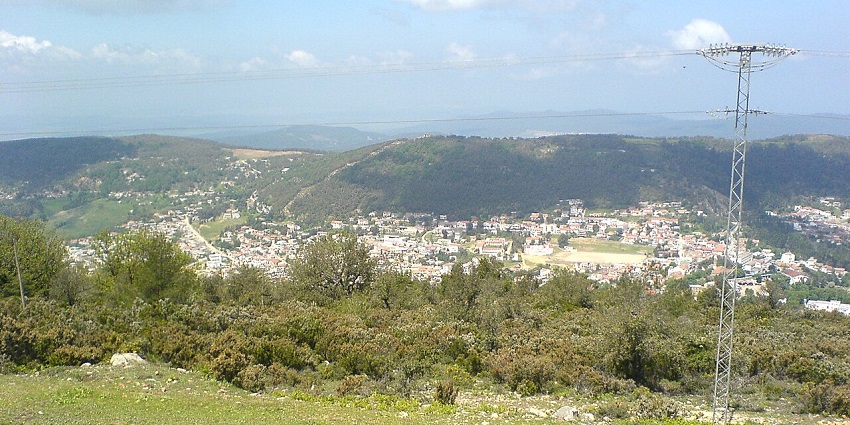
Photo: Citizen59 / Wikimedia Commons / Image For Representation Only
Sidi Toui preserves wildlife species which thrive in dry climates at its location in the arid southeastern region of Tunisia. Tunisia’s well-known zoo demonstrates significance in both wildlife rehabilitation and desert recovery so it advances ecological travel. The important Tunisian zoo functions as a protected area for threatened desert wildlife and serves to distribute environmental knowledge to people from nearby communities. The tours at this conservation site provide opportunities for visitors to witness conservation efforts as they wander across natural dunes and steppes.
Best Time To Visit: April to June
Ideal Trip Duration: 2 – 3 days
9. Chak Wak Park, Tozeur
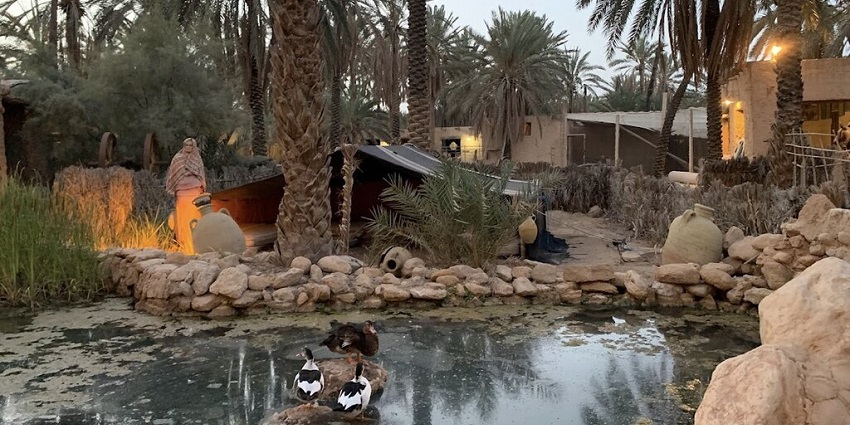
Photo: Rawen Abbassi / Wikimedia Commons / Image For Representation Only
The zoo features Tunisian sceneries that include mountain ranges alongside caves and forests and it protects endangered animals particularly Barbary sheep. This Tunisia-based zoo has achieved distinguished status for being an excellent spot that attracts hikers and nature photographers. The important Zoos In Tunisia extends rare opportunities to view Tunisian wildlife biodiversity while actively conserving Inland species. This zoo offers visitors the chance to experience limestone formations within a cool climate and ancient woodlands which provide a distinctive natural exploration-based zoo encounter.
Nearest Airport: Tozeur–Nefta International Airport
Entry Fee: Approx. 10 TND
10. Sebkhet Kelbia Wetlands
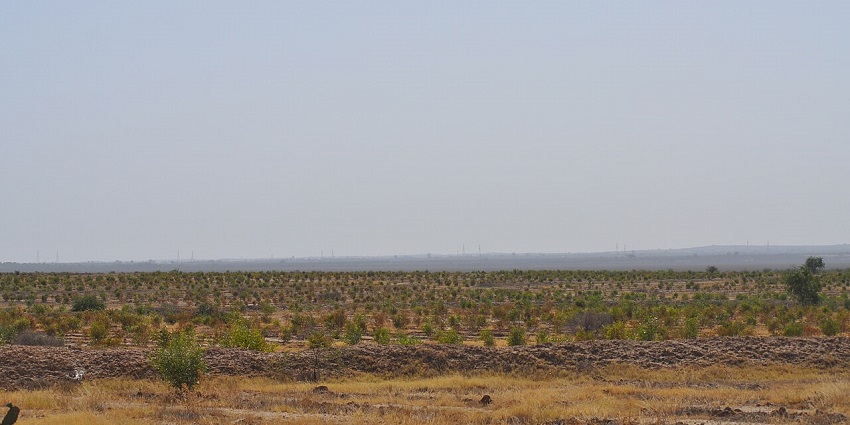
Photo: نعيم قربوسي / Wikimedia Commons
The highest location in Tunisia functions as a rugged wildlife preserve because of its national park designation. This location supports Barbary sheep together with hyenas and golden eagles while serving the dual function of the well-known Zoos In Tunisia and vital importance for Tunisia’s conservation. The trekking location of Chambi attracts outdoor enthusiasts with its wider perspectives as well as crisp climate and special animal encounters. The area provides both natural heritage tourist opportunities in addition to cultural attractions that matter to the Berber people.
Ideal Trip Duration: Day trip
Best Time To Visit: Winter migration season
The variety of experiences available in Tunisia increases when you include zoo exploration because it provides fun educational opportunities for your trip. Museum visitors can experience memorable zoo encounters across many famous zoos in Tunisia which include crocodile parks, forest reserves and bird sanctuaries. The support of conservation projects arises when people visit Tunisia’s essential zoological facilities. Plan your trip with us and explore the Zoos In Tunisia seamlessly.
Cover Photo: Habib M’henni / Wikimedia Commons


 WhatsApp
WhatsApp
 Twitter
Twitter









